Dates are a versatile and nutritious fruit that has been enjoyed for centuries. Two popular varieties, sukkari and medjool, are among the most sought-after in the market. While both sukkari and medjool dates come from the date palm tree, they differ in terms of taste, texture, size, and origin. This article will explore the characteristics and benefits of each variety to help businesses understand their unique selling points and cater to the preferences of their customers. 1. Taste and Texture: Sukkari dates are known for their rich, caramel-like sweetness. They have a smooth, melt-in-your-mouth texture that is reminiscent of toffee. Medjool dates, on the other hand, have a slightly denser and chewier texture, with a flavor profile that is often described as a blend of honey and caramel.
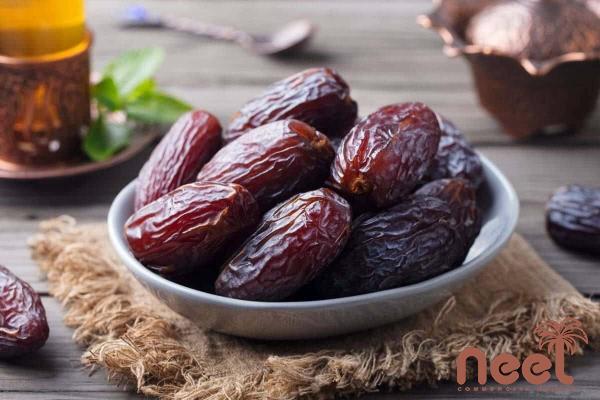
.
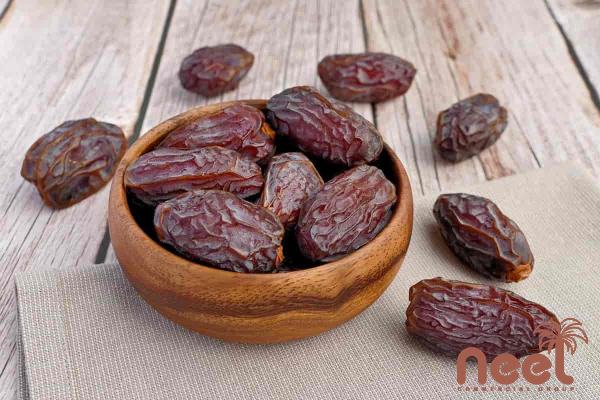 The taste of medjool dates is usually more intense and robust compared to sukkari dates. Both varieties have a natural sweetness that makes them a delectable snack or ingredient for various dishes. 2. Size and Appearance: Sukkari dates are generally smaller and rounder in shape compared to the larger and elongated medjool dates. Medjool dates can range in size from medium to jumbo, making them visually more striking and impressive. The size difference can influence consumer preference, with sukkari dates being favored by those who prefer a smaller, bite-sized snack, while medjool dates are often sought after for their visual appeal and larger portion sizes. 3. Origin and Cultivation: Sukkari dates originate from Saudi Arabia, where they are grown in the Al-Qassim region.
The taste of medjool dates is usually more intense and robust compared to sukkari dates. Both varieties have a natural sweetness that makes them a delectable snack or ingredient for various dishes. 2. Size and Appearance: Sukkari dates are generally smaller and rounder in shape compared to the larger and elongated medjool dates. Medjool dates can range in size from medium to jumbo, making them visually more striking and impressive. The size difference can influence consumer preference, with sukkari dates being favored by those who prefer a smaller, bite-sized snack, while medjool dates are often sought after for their visual appeal and larger portion sizes. 3. Origin and Cultivation: Sukkari dates originate from Saudi Arabia, where they are grown in the Al-Qassim region.
..
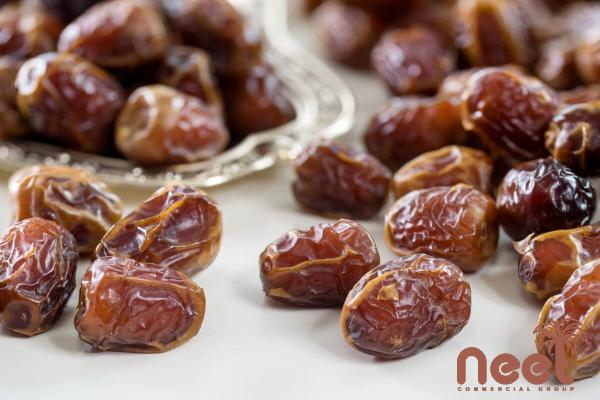 These dates are known for their exceptional quality and are often hand-picked to maintain their integrity. Medjool dates, on the other hand, have their roots in Morocco, but are now also cultivated in regions such as the United States, Israel, and Jordan. Medjool dates are highly regarded and are considered a premium variety. 4. Nutritional Profile: When it comes to nutrition, sukkari and medjool dates are quite similar. Both varieties are rich in essential nutrients such as fiber, potassium, and magnesium. They are also a great source of natural sugars, making them an excellent energy-boosting snack. However, due to their larger size, medjool dates tend to contain slightly more calories and carbohydrates compared to sukkari dates.
These dates are known for their exceptional quality and are often hand-picked to maintain their integrity. Medjool dates, on the other hand, have their roots in Morocco, but are now also cultivated in regions such as the United States, Israel, and Jordan. Medjool dates are highly regarded and are considered a premium variety. 4. Nutritional Profile: When it comes to nutrition, sukkari and medjool dates are quite similar. Both varieties are rich in essential nutrients such as fiber, potassium, and magnesium. They are also a great source of natural sugars, making them an excellent energy-boosting snack. However, due to their larger size, medjool dates tend to contain slightly more calories and carbohydrates compared to sukkari dates.
…
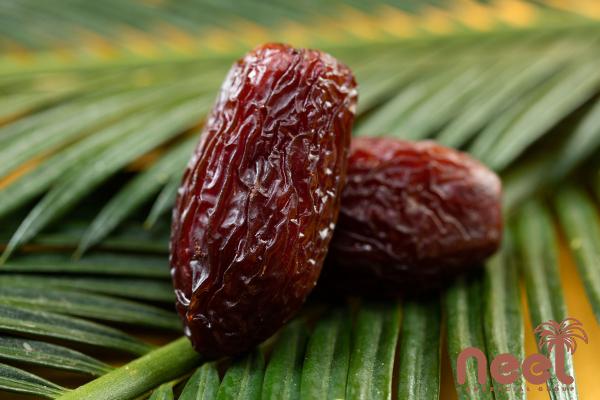 Nonetheless, both varieties are considered wholesome and contribute to a healthy diet when consumed in moderation. Conclusion: Sukkari and medjool dates are both exceptional varieties that cater to different palates and preferences. Sukkari dates are cherished for their delicate, caramel-like sweetness and smaller size, while medjool dates are known for their intense flavor and larger dimensions. Understanding the distinctive characteristics of each variety allows businesses to offer a diverse range of options to their customers, satisfying every taste preference. Whether used as a standalone snack, ingredient in savory or sweet recipes, or as a gift item, both sukkari and medjool dates have their own unique selling points that make them favorites among date enthusiasts worldwide.
Nonetheless, both varieties are considered wholesome and contribute to a healthy diet when consumed in moderation. Conclusion: Sukkari and medjool dates are both exceptional varieties that cater to different palates and preferences. Sukkari dates are cherished for their delicate, caramel-like sweetness and smaller size, while medjool dates are known for their intense flavor and larger dimensions. Understanding the distinctive characteristics of each variety allows businesses to offer a diverse range of options to their customers, satisfying every taste preference. Whether used as a standalone snack, ingredient in savory or sweet recipes, or as a gift item, both sukkari and medjool dates have their own unique selling points that make them favorites among date enthusiasts worldwide.
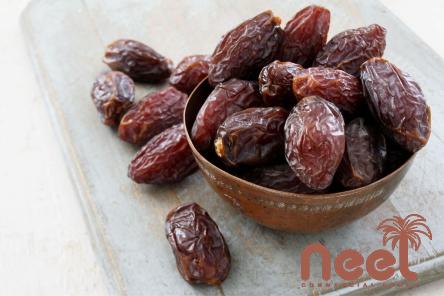
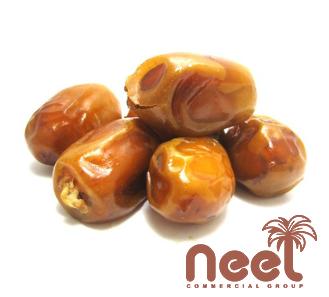
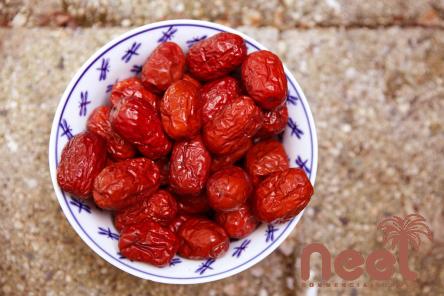
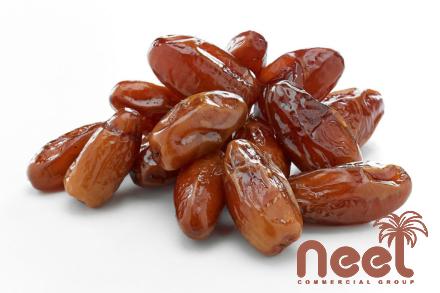
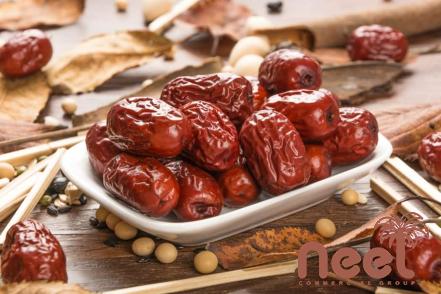
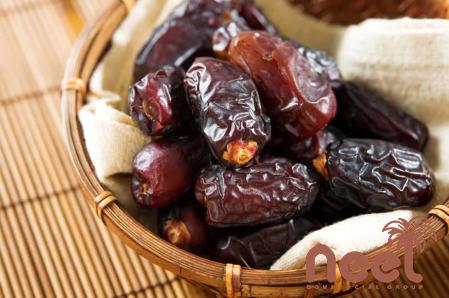
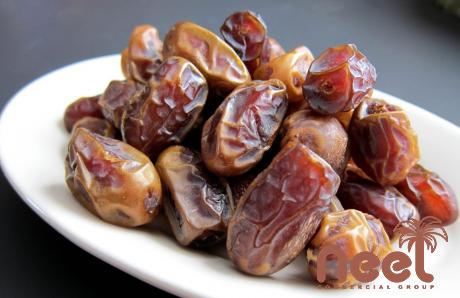
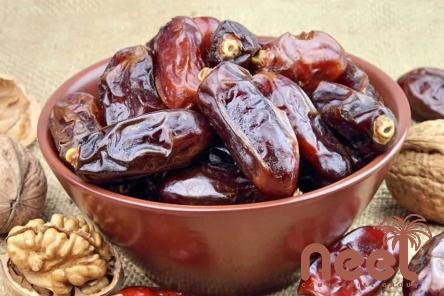
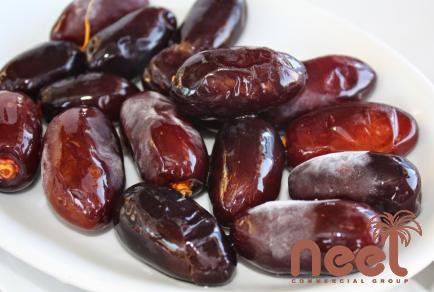
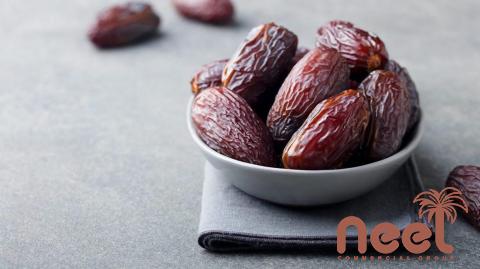
Your comment submitted.